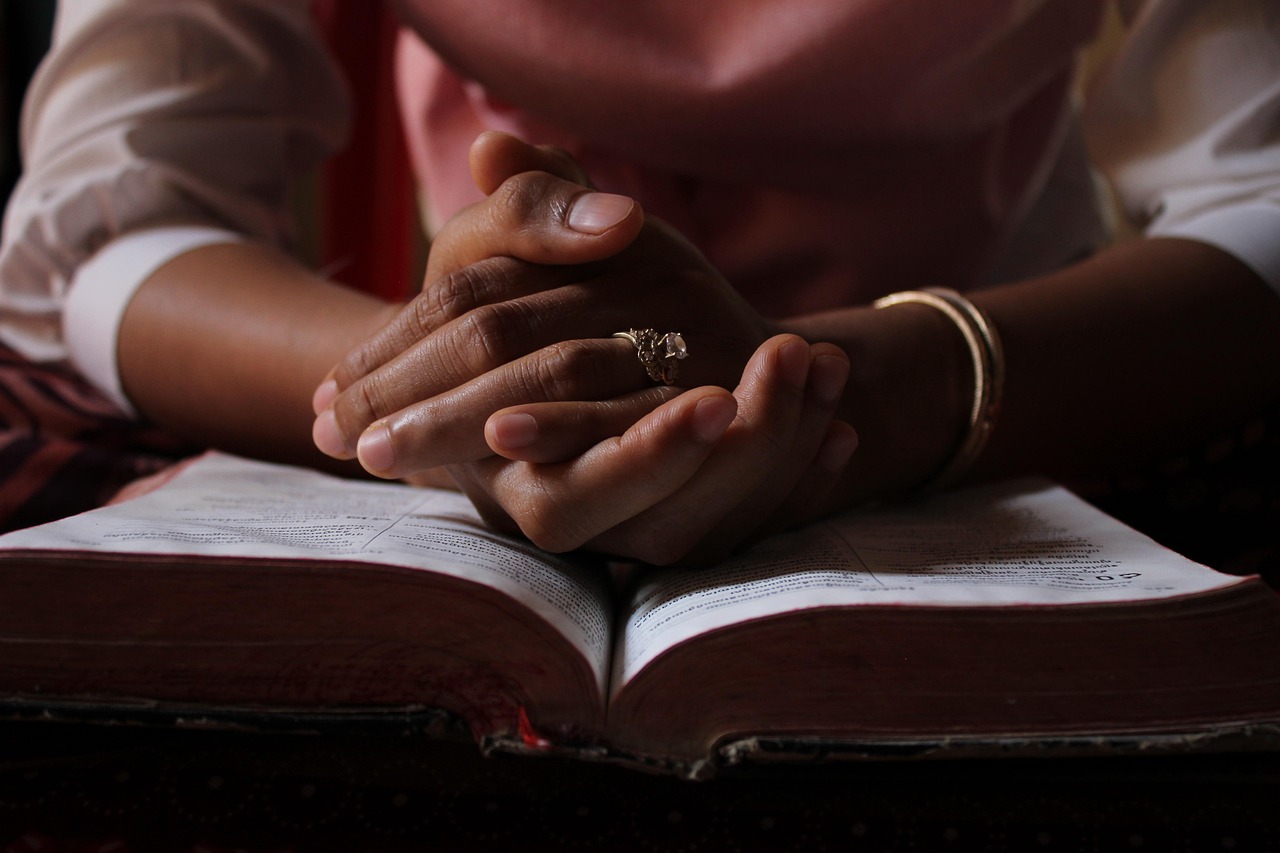
The Hypocrisy of Belief: Are We Living Our Values or Just Talking?
- admin
- September 2, 2025
- culture, World View
- 0 Comments
The Double Standards of Faith in Modern Society
In a world where faith often takes center stage, from bustling Indian temples to serene mosques and gospel-filled churches, a troubling question lingers: Are we genuinely living the values we claim to uphold, or have we become mere spokespersons for morality? This dilemma finds a particularly stark contrast within the Indian diaspora, where tradition, modernity, and cultural expectations frequently collide.
The hypocrisy of belief—when actions fall short of ideals—is not a new phenomenon. But in a hyper-connected, hyper-visible world, the cracks in our moral facades have never been more glaring.
Faith in Flux: A Patchwork of Contradictions
India’s kaleidoscope of religions preaches universality, compassion, and duty. Yet, across communities, actions often betray the ethos.
- Hinduism’s Duality: The philosophy of vasudhaiva kutumbakam (the world is one family) coexists with practices that perpetuate caste and gender hierarchies. Temples banning women during menstruation and caste-based segregation highlight a disconnect between principle and practice.
- Islam’s Contradictions: The ummah (global community) embodies unity, yet sectarian divides like Sunni-Shia schisms and gender inequalities in religious spaces undermine its core message.
- Christianity’s Dissonance: Love and forgiveness stand as cornerstones, but judgment and exclusion—especially over interfaith marriages—persist in communities.
- Sikhism’s Complexity: Though rooted in egalitarian principles, some groups cling to rigid rituals that alienate modern interpretations of equality.
This hypocrisy transcends borders. Within the Indian diaspora, faith often transforms into a badge of identity rather than a lived philosophy, creating divides between generations, communities, and ideals.
Rituals Over Righteousness
For many, religion has become less about substance and more about style.
- Ceremonial Over Substance: Elaborate weddings, grand pujas, and social media posts showcasing fasting or charity often overshadow deeper reflection on their spiritual significance.
- Selective Application: Scriptures are quoted to support personal biases—whether it’s opposing LGBTQ+ rights or enforcing traditional gender roles—while conveniently ignoring verses that promote inclusivity and understanding.
This performative religiosity extends into the diaspora, where younger generations frequently grapple with traditions imposed on them without context or connection, leading to questions of authenticity and relevance.
Diaspora Dilemmas: Faith and Identity Abroad
For the Indian diaspora, religion often serves as a lifeline to cultural identity. But the line between preservation and imposition blurs.
- Generational Divide: Older generations cling to rigid traditions, seeing them as non-negotiable, while younger individuals embrace hybrid identities—mixing yoga with mindfulness, Quranic verses with feminist ideals, or temple visits with philosophical questioning.
- Cultural Policing: Interfaith relationships, dietary choices, and lifestyle decisions frequently become battlegrounds for asserting “true” religious adherence, exposing the contradictions of belief versus practice.
The diaspora’s struggle to balance tradition with individuality raises a fundamental question: Is faith being used as a bridge to connect or a wall to divide?
The Hypocrisy of Leadership
Spiritual leaders, often revered as moral compasses, are not immune to the hypocrisy of belief.
- Misuse of Authority: Controversies over financial misconduct, political alignments, and divisive rhetoric among prominent religious figures undermine their credibility.
- Inconsistent Teachings: Leaders preach humility while basking in opulence or advocate peace while endorsing exclusivity.
When spiritual leaders fail to live their teachings, they reinforce the notion that faith is negotiable when convenient.
Gen Z’s Faith Revolution: Questions Over Compliance
Enter Gen Z, a generation unafraid to question the status quo. For them, faith isn’t about blind adherence but authenticity and understanding.
- Breaking Taboos: Topics like menstruation in temples, interfaith marriages, and LGBTQ+ acceptance are no longer whispered but openly discussed.
- Blended Beliefs: Gen Z embraces spirituality on their terms—combining meditation apps with traditional prayers, or viewing religion as a philosophy rather than an institution.
However, this questioning is often met with resistance from older generations, who perceive it as rebellion rather than evolution.
Bridging the Gap: Living Values, Not Just Talking
To address the hypocrisy of belief, we must recalibrate our approach to faith.
- Contextual Education: Teach the history, ethics, and philosophy behind religious practices rather than insisting on rituals alone.
- Encouraging Dialogue: Create platforms for intergenerational and interfaith discussions to foster understanding and inclusivity.
- Accountable Leadership: Demand transparency and alignment between teachings and actions from religious leaders.
- Celebrating Individual Journeys: Allow individuals to interpret and express their faith in ways that resonate with their personal values and experiences.
Conclusion: Toward Authentic Faith
Faith, at its best, is a beacon guiding humanity toward compassion, understanding, and growth. But when divorced from action, it becomes hollow—a stage for performative piety rather than genuine connection.
In the Indian diaspora and beyond, the challenge is clear: to move from preaching values to practicing them. Only then can faith truly serve its purpose—as a force that unites, uplifts, and transforms society.
The time to close the gap between belief and behavior is now, because faith without integrity is just another empty promise.




